Feeling Dizzy And Don't Know Why? Here's What Might Be Going On.
There are common reasons why you may find yourself feeling dizzy, from a rough day on a boat to twirling around one too many times. But if you can’t pinpoint why you’re feeling off balance, there could be another trigger you might not have thought of.
Feeling a little lightheaded can be a result of an underlying medical condition or things like not drinking enough water. It could also be age-related. Below are some reasons why you may be feeling like the room is spinning, plus what you can do about them:
You stood up too fast

When you get up too quickly from a sitting or lying position and your blood doesn’t travel as quickly up to your head, you may experience a head-rush feeling. “Medically, this is known as ‘orthostatic hypotension,’ where there is a drastic drop in blood pressure when you stand up,” said Dr. Sherry Ross, an OB/GYN and women’s health expert at Providence St. John’s Health Center in Santa Monica, California.
She noted that this typically isn’t too much of a cause for concern. “Our body has a way of regulating this from happening as long as you are medically healthy and well hydrated.”
You have an inner ear problem
According to Dr. Ilan Danan, a sports neurologist at Kerlan-Jobe Center for Sports Neurology and pain medicine specialist at Cedars-Sinai Kerlan-Jobe Institute in Los Angeles, a common cause of vertigo is an issue called benign paroxysmal positional vertigo, or BPPV.
“BPPV is caused by a temporary malfunctioning of the inner ear canals resulting in severe dizziness and rapid involuntary movements of the eyes, known as nystagmus,’’ he said.
Katharine Miao, medical director of urgent care center CityMD, said patients with this condition usually report a sudden onset of “the room spinning around them” as they are getting out of bed. “This type of vertigo is due to an inner ear imbalance, and patients frequently report feeling it worsen with motion,” she said, adding that symptoms usually resolve on their own within a few days, but the condition can be treated with medication if necessary.
Additional causes for vertigo include inner ear disorders such as Meniere’s disease (symptoms include loss of hearing, ringing in the ear, recurring vertigo and a feeling of fullness in the ear); labyrinthitis or vestibular neuritis (symptoms include severe dizziness, nausea, vomiting, and impaired concentration and vision); as well as issues like concussions or migraines.
As a general rule of thumb, “if dizziness is worse with head movements, then it causes me to be concerned about symptoms from inner ear disease,” said Dr. Clifford Segil, a neurologist in private practice in Santa Monica.
You have a migraine
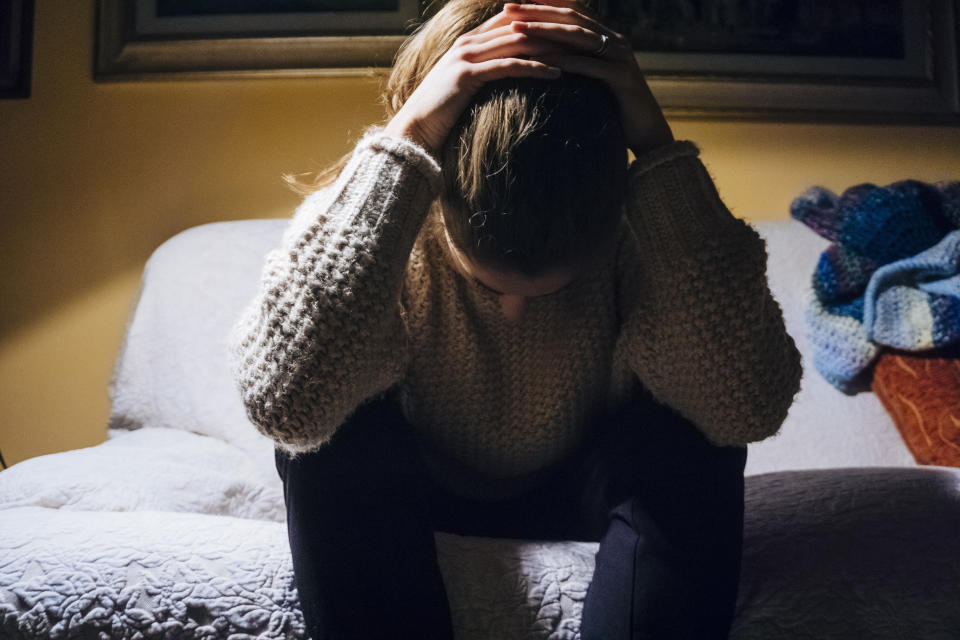
Dr. Constantine W. Palaskas, an otolaryngologist at Seattle’s Swedish Neuroscience Institute, said that an atypical migraine may very well be to blame for a dizzy spell. “A migraine is a very common disorder, and while usually characterized by headaches, a large number of migraine sufferers may find themselves battling migraine-associated vertigo,” he said.
Palaskas noted that vertigo associated with a migraine can last from hours to days. “Clues are sensitivity to stimuli, such as bright lights or sounds, during an episode and a personal or family history of migraine,” he said.
You have low blood sugar
“You could have low blood sugar if you haven’t been eating,” Palaskas said, adding that this issue can lead to dizziness. Try getting some nutrients in your system as soon as you can. “If this takes care of the problem and it doesn’t recur, that was the likely culprit. If not, or you have other symptoms, such as chest pain, definitely call your doctor,” he said.
Additional symptoms of low blood sugar ― also called hypoglycemia ― may include irritability, hunger, feeling cold, sweating, nervousness and a rapid heartbeat. To ward it off, experts suggest eating balanced meals that contain protein and carbohydrates, as well as not skipping meals and packing snacks to fuel you while on the go.
Your blood pressure is low
When your blood pressure drops very low, it may cause you to feel dizzy or lightheaded, said Dr. Tania Elliott, an internist and associate attending at New York University Langone Health.
Dr. Richard Wright, a cardiologist at Providence St. John’s in Santa Monica, said that “blood pressure is measured with the ‘systolic,’ or upper number ― i.e., the ‘120’ in ’120 over 80’ ― and the ‘diastolic,’ or lower number, the ‘80’ in this example.”
He added that the most common reason that a person may become dizzy or faint is that their systolic blood pressure is temporarily too low to allow adequate blood flow to the brain. “This usually occurs when the systolic pressure is less than 80,” he said.
It could be your medication

According to Elliott, certain medications ― particularly antidepressants and other psychiatric medications, sleep medications, blood pressure medications, muscle relaxants and pain relievers ― can all lead to dizziness. Check the label, chat with your doctor or look into other reliable medical sources to figure out if that could be the cause.
You’re older
Your age may be to blame. “Imbalance is really common in the elderly due to decline of vision, [as well as the] ear and brain,” said Dr. Anil K. Lalwani, an otolaryngologist in New York and chair of the council of scientific trustees with the Hearing Health Foundation. Older adults are more likely to take medications that may cause dizziness as well.
You’re dehydrated
Lacking H₂O can be a huge culprit of dizziness. When your body doesn’t get enough water, “the volume of your blood goes down, lowering your blood pressure and keeping your brain from getting enough blood, causing lightheadedness,” according to Harvard Health.
Ross said conditions like severe diarrhea, vomiting, excessive sweating and electrolyte imbalance can cause a significant loss of body fluids, which can be a catalyst for a dizzy spell. “Diuretics, blood pressure medication, marijuana and other mind-altering drugs are other causes of this phenomenon,” she added.
You have an iron deficiency
Love HuffPost? Become a founding member of HuffPost Plus today.

Insufficient levels of iron are often linked to anemia, a condition that can cause an array of symptoms, such as dizziness and fatigue, Palaskas said. Your doctor can do a blood test to check the level of iron in your body.
A lack of iron can be treated by taking an iron supplement, but be sure to ask your doctor first. You can also boost your intake by incorporating foods such as kidney beans, spinach, Swiss chard, lentils, edamame, oats, quinoa and oysters into your diet.
You’re under the weather
“All infections, even the common cold and flu, can ... cause of dizziness in all age groups, but even more so in the elderly,” Miao said.
She added that when your body gets attacked, it automatically triggers a response from your immune system, which can give you a multitude of symptoms. “Other than dizziness, people frequently have headaches, fevers, weakness and chills.”
Miao noted that the majority of the time, these types of infections are viral in nature, but sometimes it’s difficult to distinguish them from bacterial infections. “If you are unsure, please see your doctor for further evaluation,” she said.
You have motion sickness
This one is obvious but still worth mentioning. Riding a roller coaster, traveling as a passenger in a car or spinning in circles with your toddler can all lead to an array of symptoms. Research shows that symptoms of motion sickness include dizziness, nausea, vomiting, headache and pallor.
If feeling dizzy is not a recurring problem, then it’s typically not a cause for concern, said Dr. Kim Langdon, medical adviser at Medzino, a European online doctor and pharmacy company. To combat a one-off dizzy spell, Langdon suggested “lying down until it passes, stopping any fast movement, resting and drinking lots of water, as well as avoiding tobacco, coffee and ... drugs and alcohol until it calms down.”
But if the condition worsens or becomes more frequent, Langdon suggested making an appointment with your family physician. And if your dizziness is accompanied by a fever, headache, chest pain, palpitations, shortness of breath, abdominal pain, nausea and/or vomiting, immediately seek medical treatment, Miao said.
“Searching for Normal” is HuffPost’s attempt to answer some of the internet’s most pressing queries: Is it normal to ____? Why am I ___? Why do I ___?
More Searching For Normal Stories
Also on HuffPost








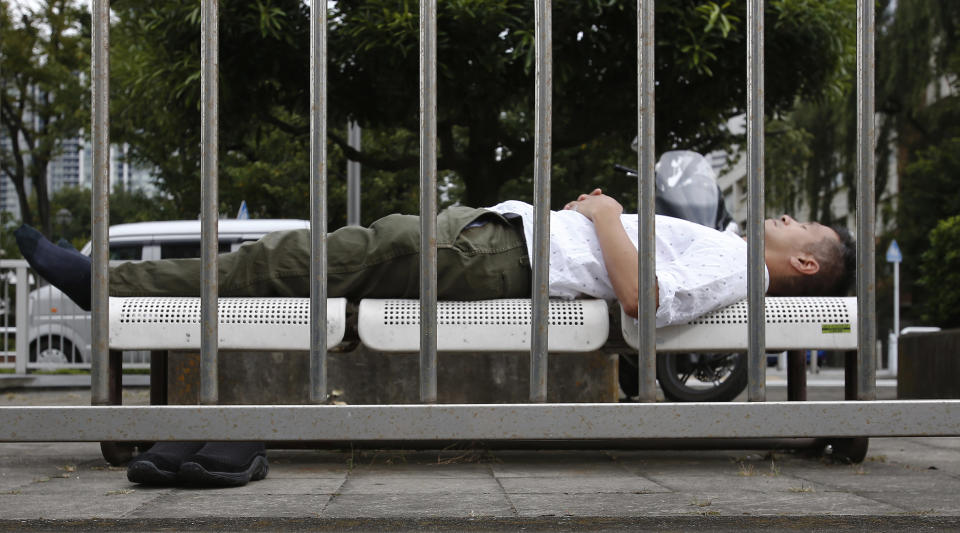


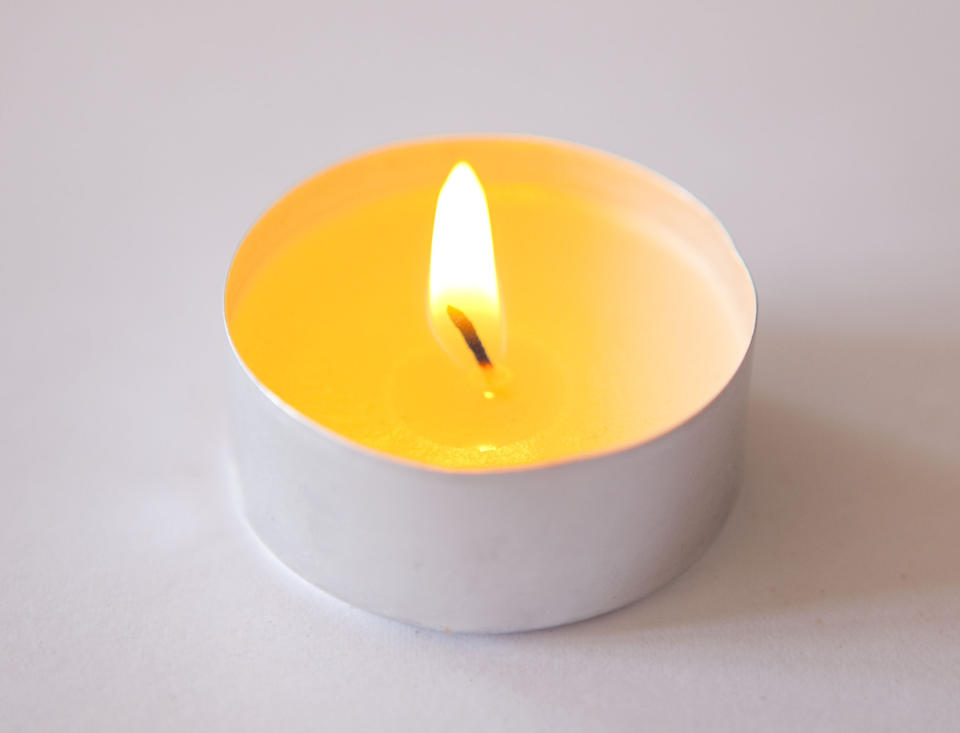

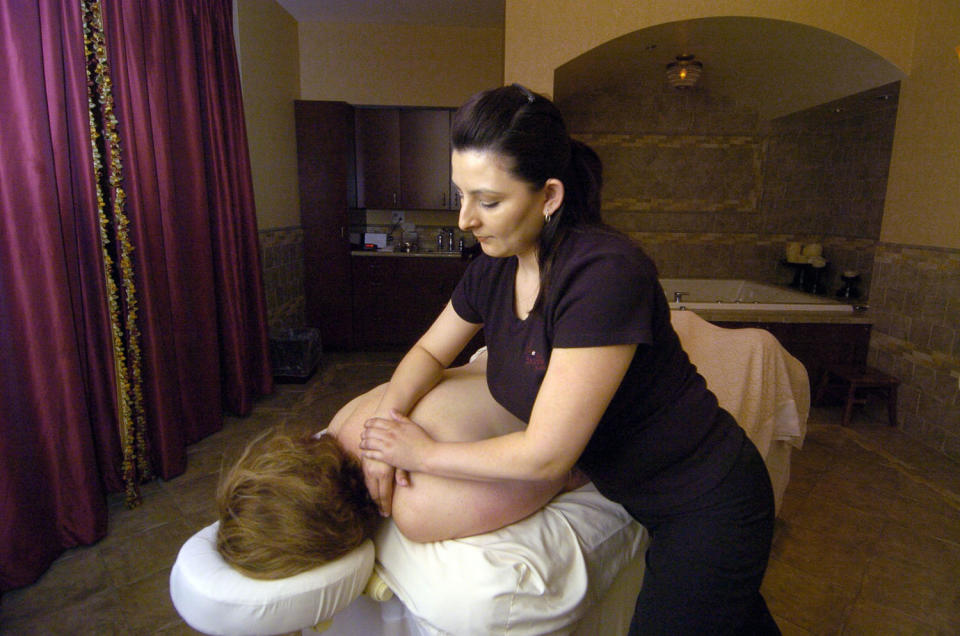






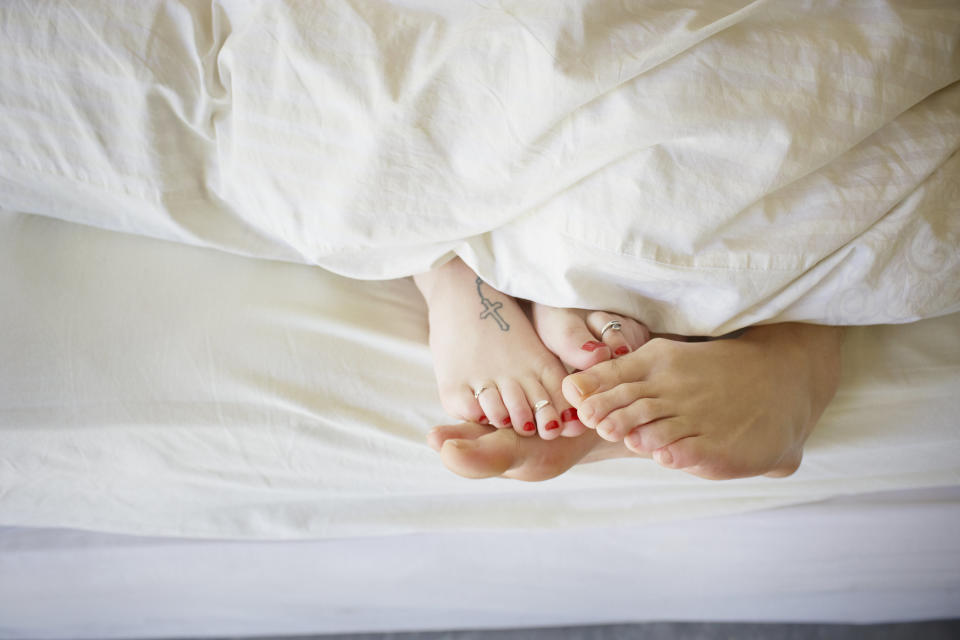



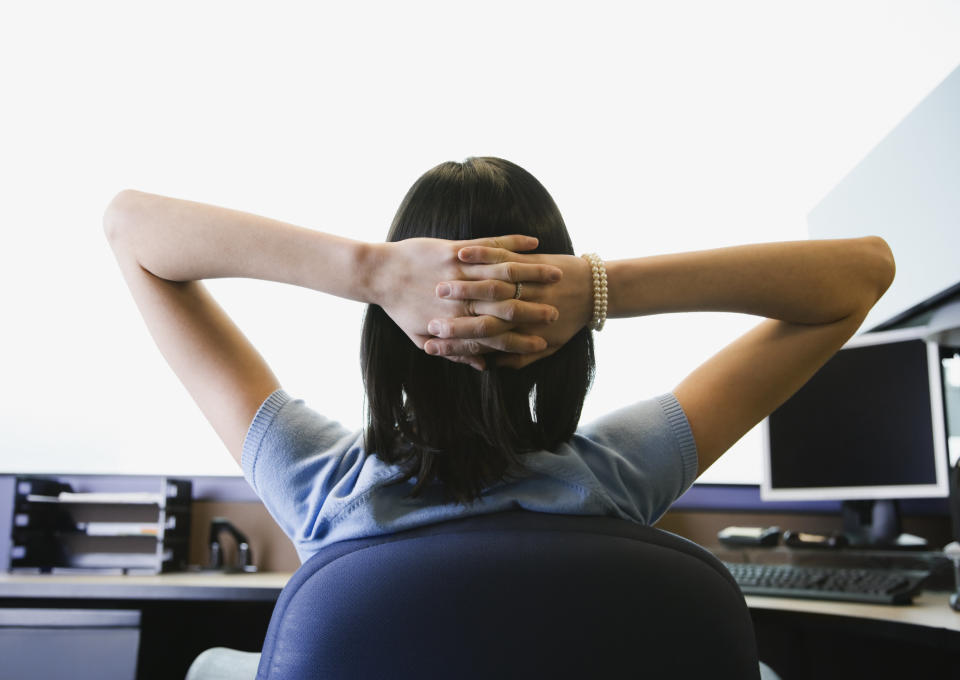

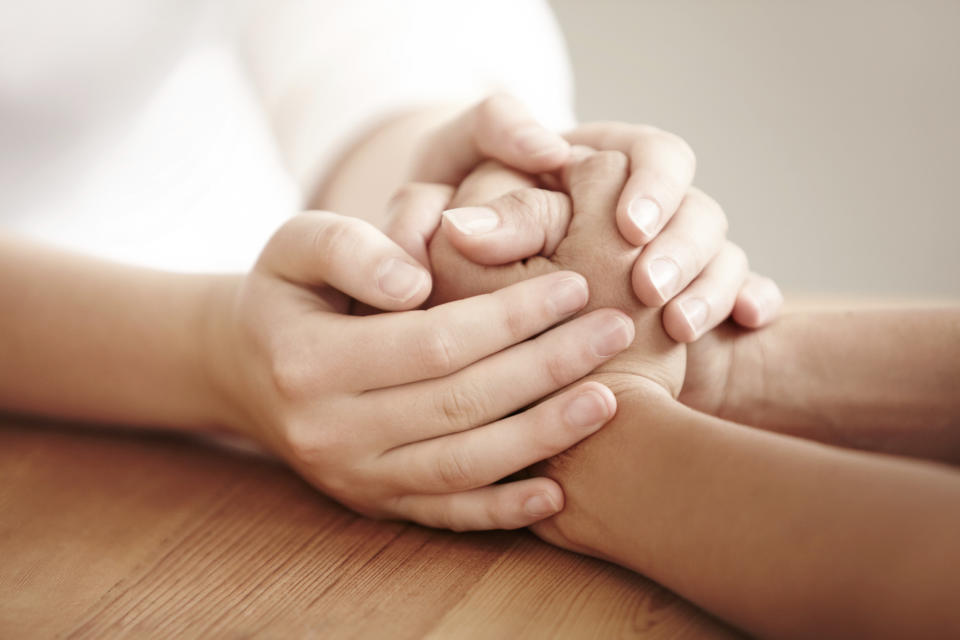




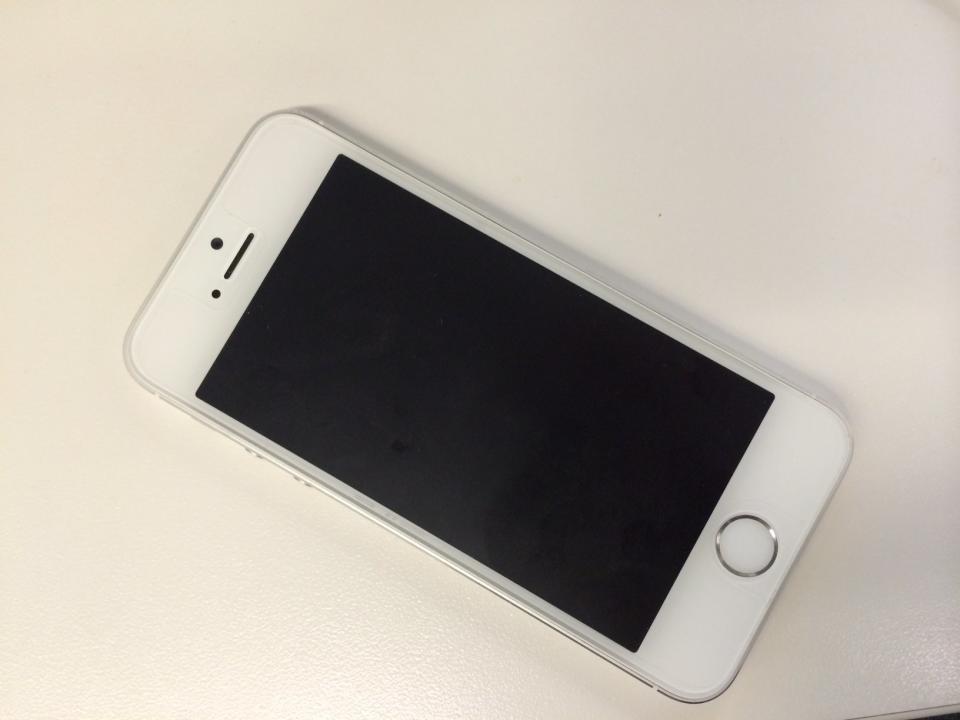



This article originally appeared on HuffPost.

